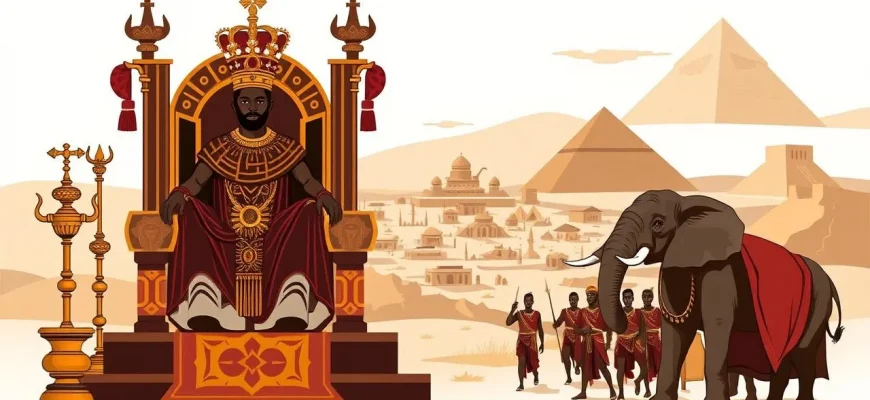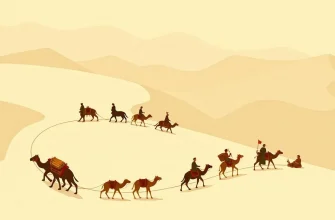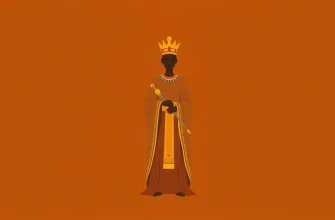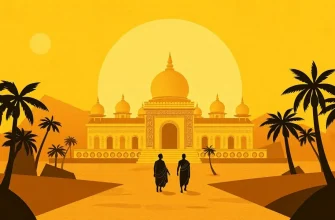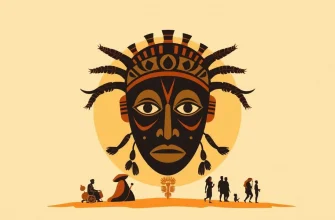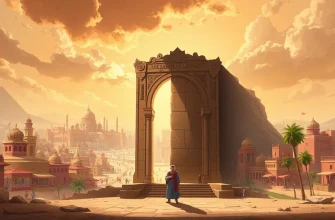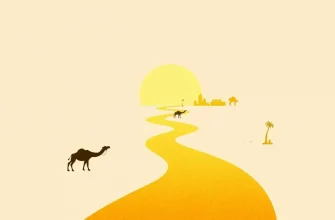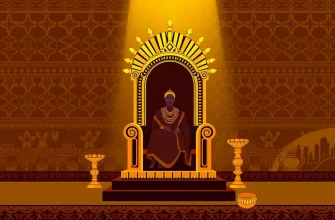Embark on a cinematic journey through the annals of African history with these top 10 films that bring to life the grandeur and complexity of African kingdoms. From epic battles to tales of love and betrayal, these films not only entertain but also educate, offering a window into the vibrant cultures and histories of Africa. Whether you're a history buff or simply love a good story, this collection is sure to captivate and enlighten.
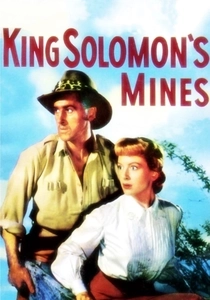
King Solomon's Mines (1950)
Description: Based on H. Rider Haggard's novel, this adventure film follows explorers in search of the legendary mines of King Solomon in Africa, encountering various African tribes along the way.
Fact: The film was one of the first major Hollywood productions to be shot on location in Africa, showcasing the continent's landscapes and cultures.
 Watch Now
Watch Now 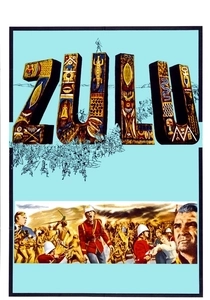
Zulu (1964)
Description: Set during the Anglo-Zulu War, this film depicts the Battle of Rorke's Drift, where a small British garrison held off an attack by a much larger Zulu force. It's a classic tale of bravery and the clash of cultures.
Fact: The film was one of the first to portray the Zulus with respect, showing their military prowess and discipline. It was also shot on location in South Africa.
 Watch Now
Watch Now 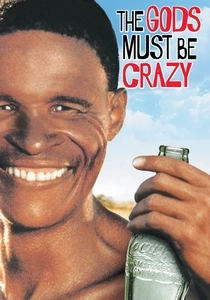
The Gods Must Be Crazy (1980)
Description: While more of a comedy, this film touches on the cultural clash between a Kalahari Bushman and modern society, offering a humorous yet poignant look at African tribal life.
Fact: The film was a surprise international hit, becoming one of the most successful foreign films in the U.S. at the time.
 Watch Now
Watch Now 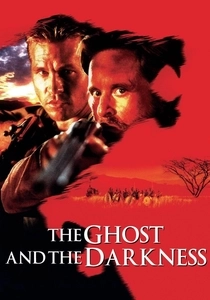
The Ghost and the Darkness (1996)
Description: Set in the late 19th century, this film recounts the true story of the Tsavo maneaters, two man-eating lions that terrorized workers building a railway bridge in Kenya.
Fact: The film was based on real events, and the actual skulls of the lions are on display at the Field Museum of Natural History in Chicago.
 Watch Now
Watch Now 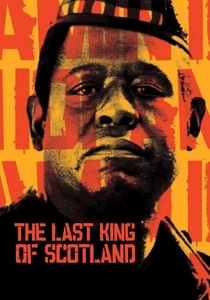
The Last King of Scotland (2006)
Description: While not strictly about an African kingdom, this film delves into the reign of Idi Amin, Uganda's dictator, through the eyes of a fictional Scottish doctor. It provides a chilling insight into the complexities of power in Africa.
Fact: Forest Whitaker won an Academy Award for his portrayal of Idi Amin, and the film was praised for its historical accuracy and compelling narrative.
 Watch Now
Watch Now 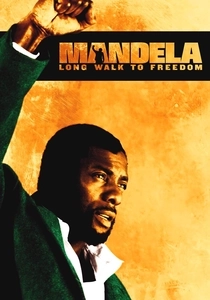
Mandela: Long Walk to Freedom (2013)
Description: This biographical film traces the life of Nelson Mandela, from his childhood in a small village to his presidency, highlighting his fight against apartheid.
Fact: Idris Elba, who played Mandela, spent time in South Africa to prepare for the role, and the film was shot in various locations significant to Mandela's life.
 Watch Now
Watch Now 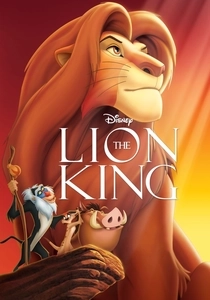
The Lion King (1994)
Description: While an animated film, "The Lion King" draws heavily from African folklore and the story of Simba can be seen as a metaphor for the rise and fall of African kings.
Fact: The film was inspired by Shakespeare's "Hamlet" and features authentic African music and voice talents, including James Earl Jones as Mufasa.
 Watch Now
Watch Now 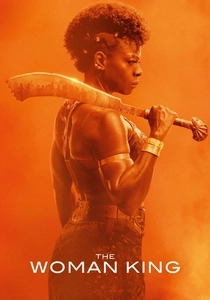
The Woman King (2022)
Description: This film tells the story of the Agojie, an all-female warrior unit that protected the West African kingdom of Dahomey in the 1800s. It's a powerful portrayal of strength, leadership, and the fight for freedom.
Fact: The film was inspired by real events, and the Agojie warriors were known for their fierce combat skills. The film's lead actress, Viola Davis, underwent extensive physical training to portray her role authentically.
 Watch Now
Watch Now 
The King of Masks (1996)
Description: Although not set in Africa, this Chinese film explores themes of legacy and tradition, akin to the cultural preservation seen in African kingdoms.
Fact: The film was critically acclaimed for its portrayal of traditional Chinese opera and the cultural significance of mask-making.
 30 Days Free
30 Days Free 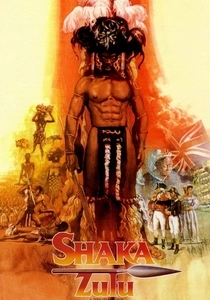
Shaka Zulu (1986)
Description: This mini-series chronicles the life of Shaka, the legendary Zulu king who transformed his tribe into a formidable empire. It's an epic saga of power, strategy, and the rise of a nation.
Fact: The series was a major production for its time, with extensive location shooting in South Africa and a cast of thousands. It's often credited with sparking interest in Zulu history worldwide.
 30 Days Free
30 Days Free 
